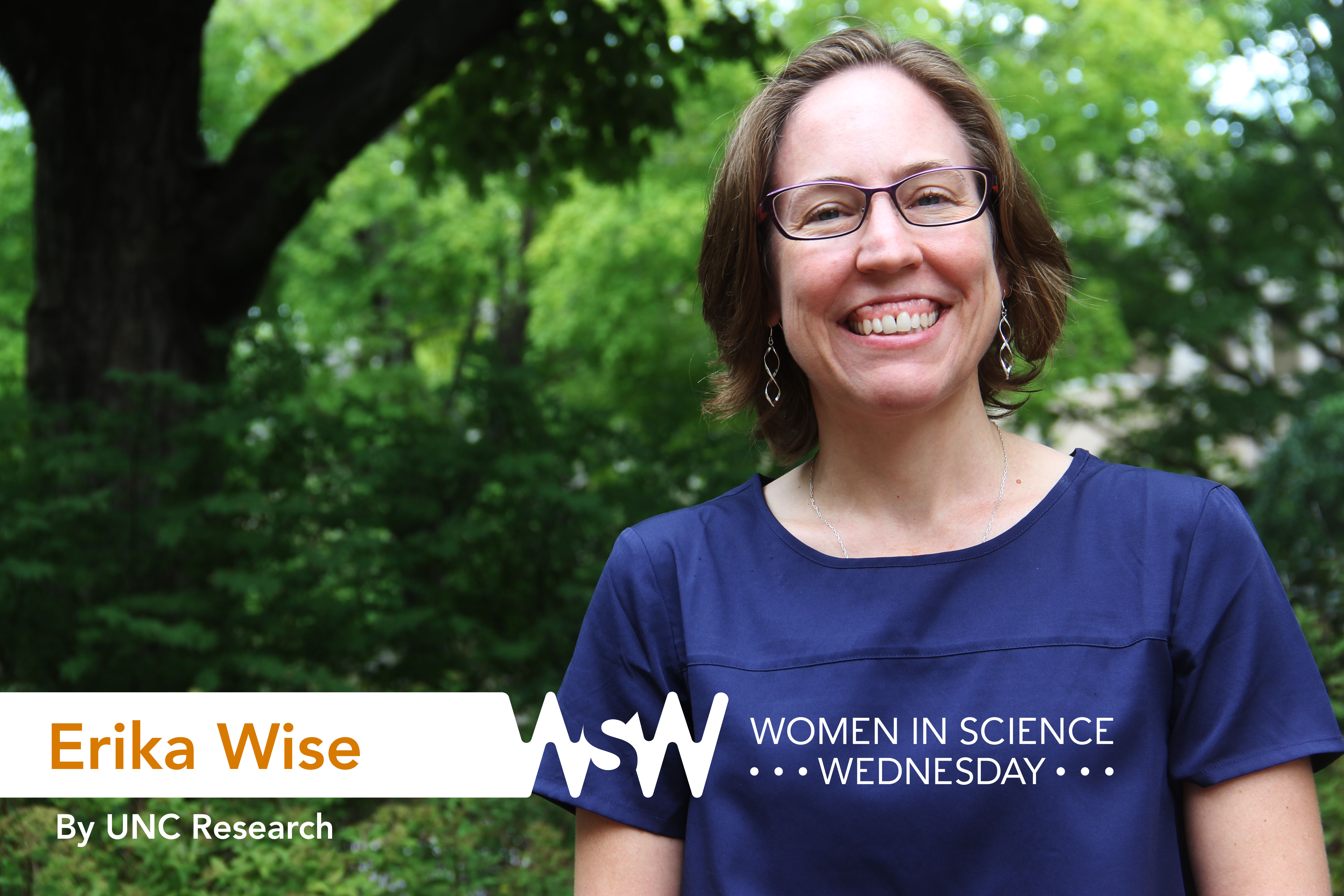When you were a child, what was your response to this question: “What do you want to be when you grow up?”
I went through a progression from baker to zookeeper to veterinarian. (I’m still a big fan of baked goods and animals!) I never thought about natural science until high school, when I had an earth science class with a very enthusiastic and eccentric teacher — Mr. Berger — who piqued my interest.
Describe your research in five words.
“Climate patterns from ancient trees.”
Share the pivotal moment in your life that helped you choose research as a career path.
As an undergraduate earth sciences major, the normal senior requirement for graduation was a field geology summer course. Looking to avoid that (I wasn’t very interested in rocks), I discovered that I could substitute a research thesis instead. Luckily, I found my way into the office of Lisa Sloan, a paleoclimate modeler, and she helped me come up with an idea for a research topic. Conducting that research helped me really understand, for the first time, that there are scientific questions out there that remain unanswered. I found that I really enjoyed research, and perhaps more importantly, my thesis advisor and other members of the faculty convinced me that it was something I could pursue as a career path.
What’s an interesting thing that’s happened during your research?
Once while out in a remote part of Idaho collecting cores from trees, we rounded a bend and found ourselves in a line of cars. A tree had fallen across the road, making it impassable, and everyone was waiting for someone to bring equipment to clear it. We had a big, two-person crosscut saw in our vehicle that we had been using to cut cross-sections from “remnant” wood — trees that died and fell long ago, but have not decayed. We jumped out and used it to saw apart the tree and clear the road. The two of us sawing were both petite women, and I think the efficiency with which we did this may have surprised some of the onlookers!
What advice would you give to up-and-coming female researchers in your field?
Many of the larger professional societies host gatherings for women in the field at their annual meetings. Seek out these types of events — they can provide great opportunities to meet other people and gain mentoring support.


